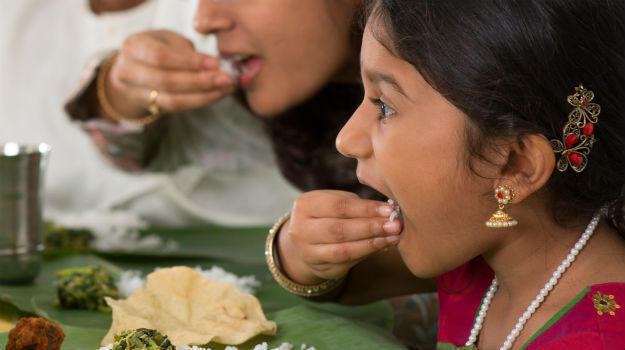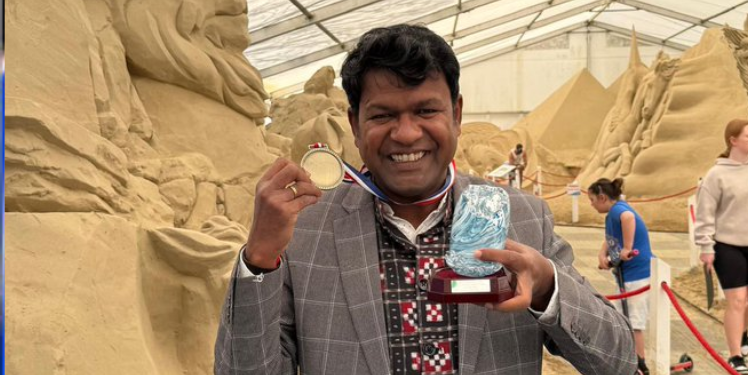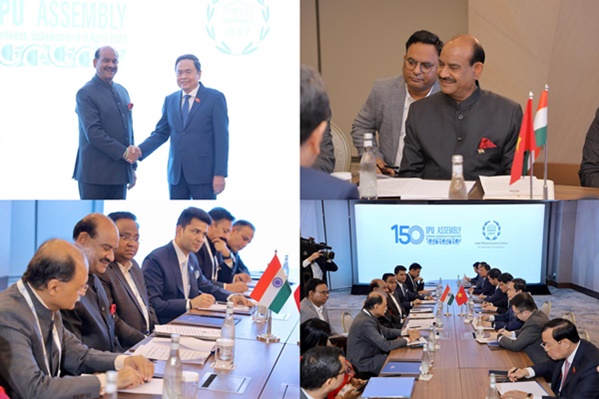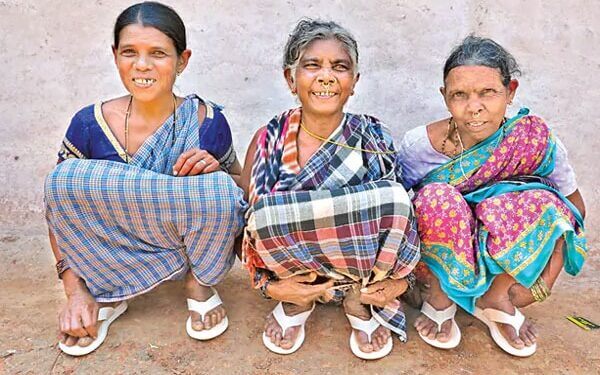Eating similar food helps build trust in adults

Building a rapport
with someone on a first date may be as simple as eating the same food as them,
suggests a new study that found that similar food consumption facilitates a
sense of closeness and trust between adults.
Researchers from the University of Chicago in the US launched a series of experiments.
In their first study, each participant was partnered with a stranger when playing an investment game designed to measure trust. The participants received money that they could give to the stranger, who would invest the money - with a guarantee that the investment would double in value.
The strangers, or "fund managers," could decide how much - if any - of the invested money to give back to their partners.
Some pairs were assigned to eat the same candy before the exercise, while others ate different candy. The researchers discovered that the participants gave more money to the strangers when they had eaten the same type of candy.
The researchers further tested the influence of food in a second study in which pairs were assigned to opposing sides of a labour negotiation.
Some pairs ate
similar foods during the negotiations while others ate different foods. The
pairs that had eaten similar foods reached an agreement almost twice as quickly
as the groups that ate dissimilar foods, researchers said.
justify;">"People tend to
think that they use logic to make decisions, and they are largely unaware that
food preferences can influence their thinking," said Ayelet Fishbach, a
professor at the University of Chicago.
"On a very basic level, food can be used strategically to help people work together and build trust," Fishbach said. At large group meetings, for example, organisers could limit the number of food options in order to encourage similar food consumption, which could lead to increased trust and collaboration, the researchers said.
When ordering food during lunch with a colleague or dinner on a blind date, selecting a similar type of food could build rapport, they said.
They also discovered that these findings applied to marketing products. Participants trusted information from advertisers when consumers ate the same type of food as advertisers giving a testimonial about the product.
Although similar food preferences promoted trust and cooperation, the researchers were eager to discover whether other types of similarities had a same effect.
They tested whether outside observers thought individuals wearing shirts of the same color trusted each other more than individuals wearing different colored shirts.
The results showed that similarity in shirt color did not have the same influence as food on perceived trust.
The study was published in the Journal of Consumer Psychology.
AIMIM News
Latest Urdu News
Most Viewed
Do you think Canada-India relations will improve under New PM Mark Carney?





















.jpg)
.jpg)
.jpg)
.jpg)

















